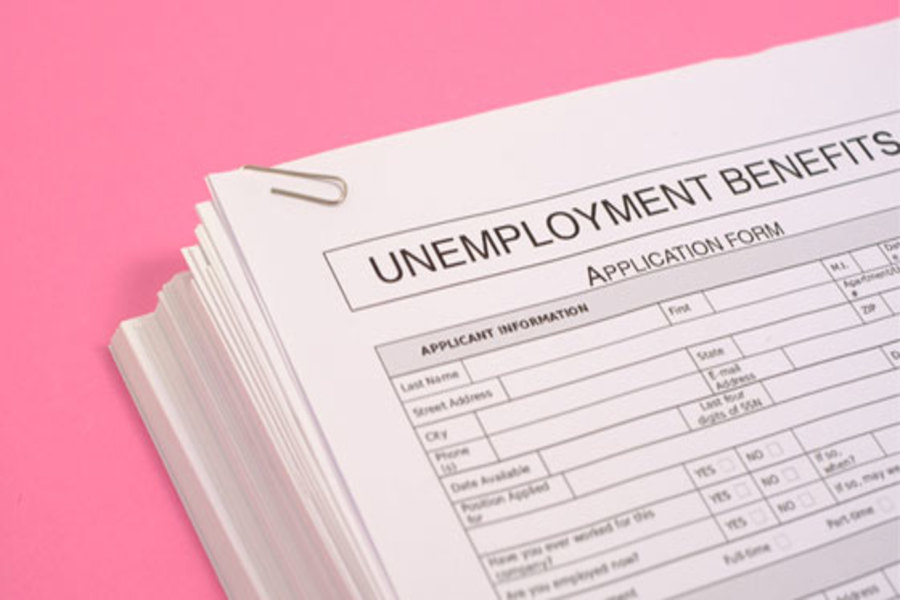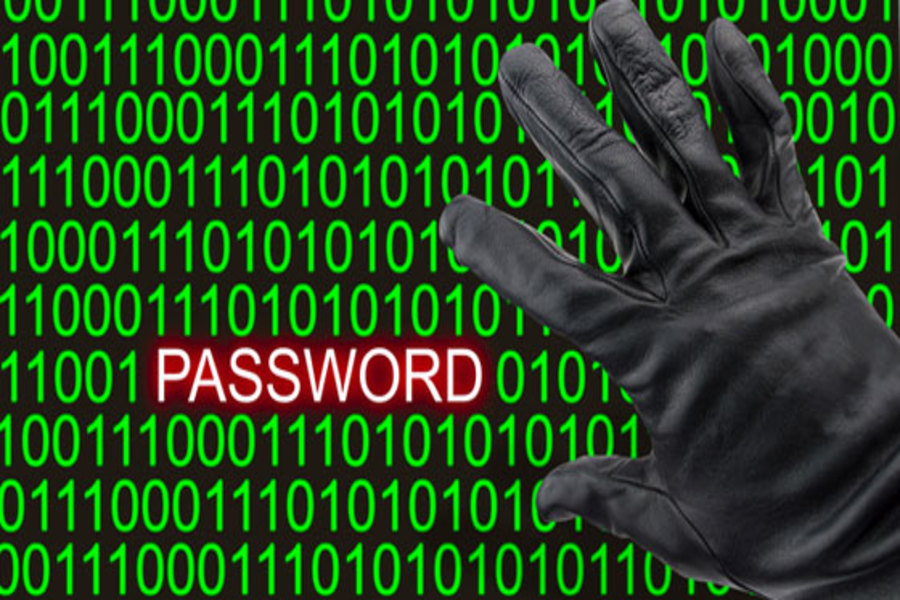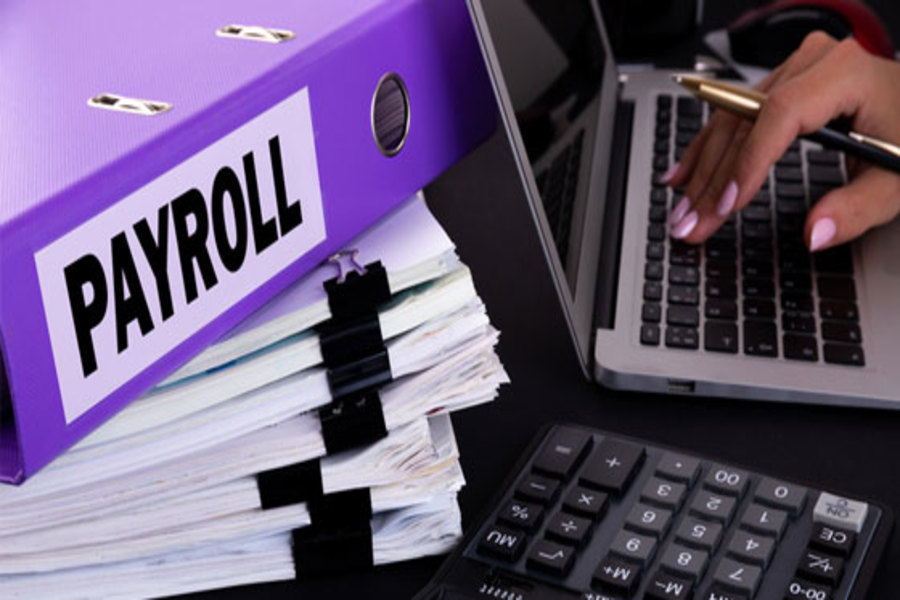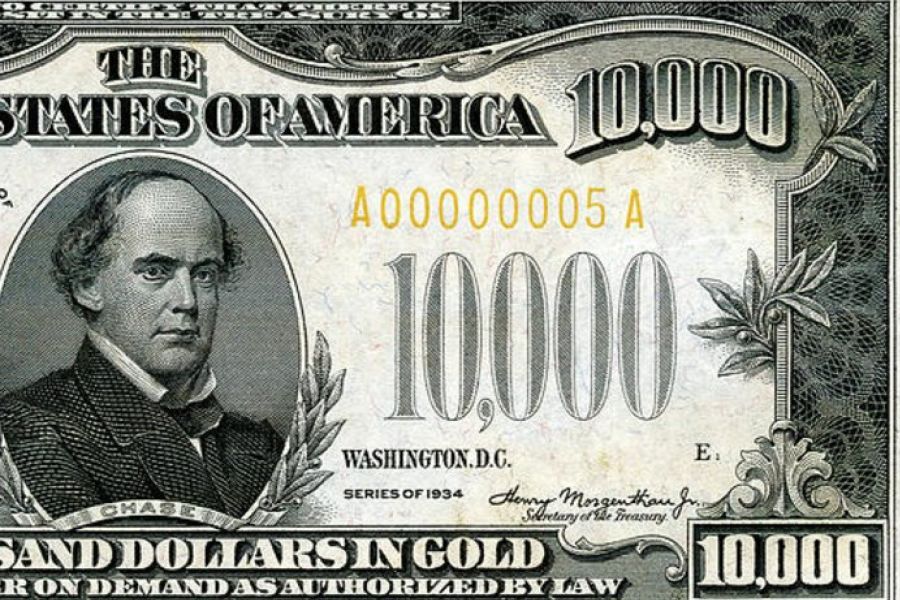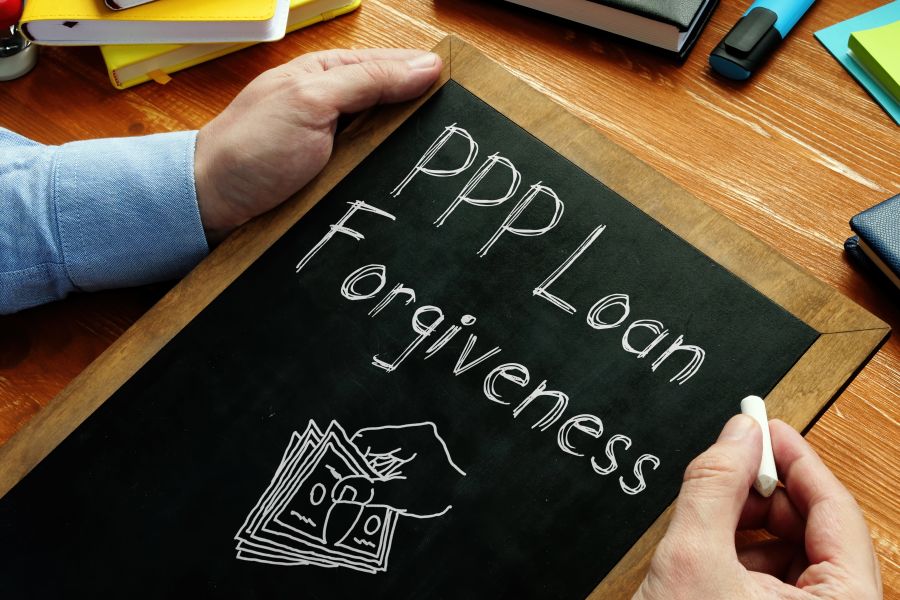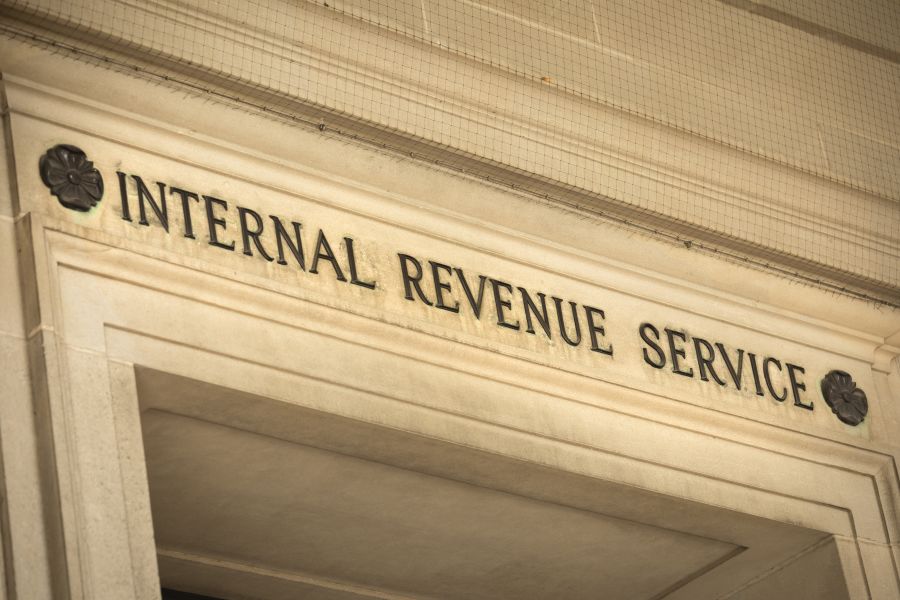Because the average investment account boasts a much larger balance that a typical checking or savings account, cybercriminals are particularly interested in hacking them. Financial institutions are largely responsible for ensuring the security of these accounts, but business customers and consumers also should adopt defensive measures. Here are five recommendations for how to protect your investment accounts from fraud. Select two-step authentication. Most financial service providers give customers the option of using a two-step verification process to prevent unauthorized access to their accounts. A two-step approach requires you both to log in to your account with a password and to verify your identity with, for example, a one-time code sent to your mobile phone. Choose complex and unique passwords. Criminals often gain access to bank...

When Congress authorized an additional $600 in monthly unemployment benefits as part of the CARES Act, out-of-work Americans weren’t the only ones it helped. Criminals have descended like locusts on state unemployment insurance agencies. How fraudsters steal unemployment benefits is by using stolen identities to fraudulently claim both standard benefits and the additional funds administered by the Pandemic Unemployment Assistance (PUA) program. States have lost hundreds of millions of dollars. Individuals have also suffered, as government efforts to control fraud have clogged up benefit systems and delayed payments to the jobless. States struggle Washington state was the first to experience a COVID-19 outbreak and has since estimated losses of $650 million to unemployment insurance fraud. According to the Secret Service, a scam was detected when someone noticed...
During the COVID-19 pandemic, many small businesses are strapped for cash. They may find it beneficial to barter for goods and services instead of paying cash for them. If your business gets involved in bartering, remember that the fair market value of goods that you receive in bartering is taxable income. And if you exchange services with another business, the bartering is a taxable transaction for both parties. For example, if a computer consultant agrees to exchange services with an advertising agency, both parties are taxed on the fair market value of the services received. This is the amount they would normally charge for the same services. If the parties agree to the value of the services in advance, that will be considered the fair market...
With cyberthieves active during COVID-19, the Internal Revenue Service and its Security Summit partners today urged tax professionals and other business owners to review critical security steps to ensure they protect customer data when working virtually. Many tax professionals and other businesses have expanded telework options this year as firms and other businesses work to keep personnel safe, practice recommended safety guidelines and use technology to serve their clients/customer virtually. (This post is excerpted from IRS Information Release (IR) 2020-167 issued 7/21/20.) During this period, the Department of Homeland Security's Cybersecurity and Infrastructure Security Agency (CISA) have urged organizations to maintain a heightened state of alert as cybercriminals seek to exploit Covid-19 concerns. To assist businesses with the security basics, the IRS, state tax agencies and nation's tax...
Unlike some legitimate businesses, organized crime enterprises can be expected to weather the current COVID-19 crisis. In fact, with millions of Americans now working from home, organized crime-related cyber fraud — including phishing schemes and ransomware attacks — has grown exponentially. Organized crime has adapted to COVID-19. If you haven’t done so recently, it’s important to review and possibly upgrade your company’s cybersecurity plan now. But how else can you protect your business and employees? Pivot gracefully To adapt to the new environment, many companies are making changes to their business models. If you’re in the process of pivoting, be sure to factor in potential fraud. View your company through the eyes of a criminal. This means that for each proposed change, you should map out processes...
If your business was fortunate enough to have applied for, and received a loan under the Paycheck Protection Program (PPP) in connection with the COVID-19 crisis, you should be aware of the possible tax consequences of PPP loans. PPP basics The Coronavirus Aid, Relief and Economic Security (CARES) Act, which was enacted on March 27, 2020, is designed to provide financial assistance to Americans suffering during the COVID-19 pandemic. The CARES Act authorized up to $349 billion in forgivable loans to small businesses for job retention and certain other expenses through the PPP. In April, Congress authorized additional PPP funding and it’s possible more relief could be part of another stimulus law. The PPP allows qualifying small businesses and other organizations to receive loans with an interest rate...
On August 8, 2020, President Trump signed four executive actions, including a Presidential Memorandum to defer the employee’s portion of Social Security taxes for some people. These actions were taken in an effort to offer more relief due to the COVID-19 pandemic. The action only defers the taxes, which means they’ll have to be paid in the future. However, the action directs the U.S. Treasury Secretary to “explore avenues, including legislation, to eliminate the obligation to pay the taxes deferred pursuant to the implementation of this memorandum.” Legislative history On March 18, 2020, President Trump signed into law the Families First Coronavirus Response Act. A short time later, President Trump signed into law the Coronavirus, Aid, Relief and Economic Security (CARES) Act. Both laws contain economic relief provisions for employers...
(Image copyright belongs to Serge Averbukh) In Fact Sheet 2020-11, the IRS has presented a series of examples where a person might have to file Form 8300, Report of Cash Payments Over $10,000 Received in a Trade or Business. Background Generally, any person in a trade or business who receives more than $10,000 in cash in a single transaction or in related transactions must file a Form 8300, Report of Cash Payments Over $10,000 Received in a Trade or Business. A "person" is an individual, company, corporation, partnership, association, trust or estate. A person must file Form 8300 if they receive cash of more than $10,000 from the same payer or agent: in one lump sum; in two or more related payments within 24 hours, e.g., a 24-hour period is...
The U.S. Small Business Administration (SBA), in consultation with the Department of the Treasury, released guidance on 8/4/2020 answering 23 frequently asked questions (FAQs) regarding the forgiveness of Paycheck Protection Program (PPP) loans. The PPP Loan Forgiveness FAQs, published in a new 10-page document, are divided into the following four sections addressing different aspects of the process and on calculations PPP borrowers should use to determine how much of their loan is forgivable. General Loan Forgiveness FAQs Loan Forgiveness Payroll Costs FAQs Loan Forgiveness Non-Payroll Costs FAQs Loan Forgiveness Reductions FAQs Borrowers and lenders may rely on the guidance provided in this document as SBA’s interpretation, in consultation with the Department of the Treasury, of the CARES Act, the Flexibility Act, and the Paycheck Protection Program Interim...
(As posted to IRS.gov on 7/16/20) Via IR-2020-160, the Internal Revenue Service today announced its annual "Dirty Dozen" list of tax scams for 2020 with a special emphasis on aggressive and evolving schemes related to coronavirus tax relief, including Economic Impact Payments. This year, the Dirty Dozen focuses on scams that target taxpayers. The criminals behind these bogus schemes view everyone as potentially easy prey. The IRS urges everyone to be on guard all the time and look out for others in their lives. "Tax scams tend to rise during tax season or during times of crisis, and scam artists are using pandemic to try stealing money and information from honest taxpayers," said IRS Commissioner Chuck Rettig. "The IRS provides the Dirty Dozen list to help raise awareness...



